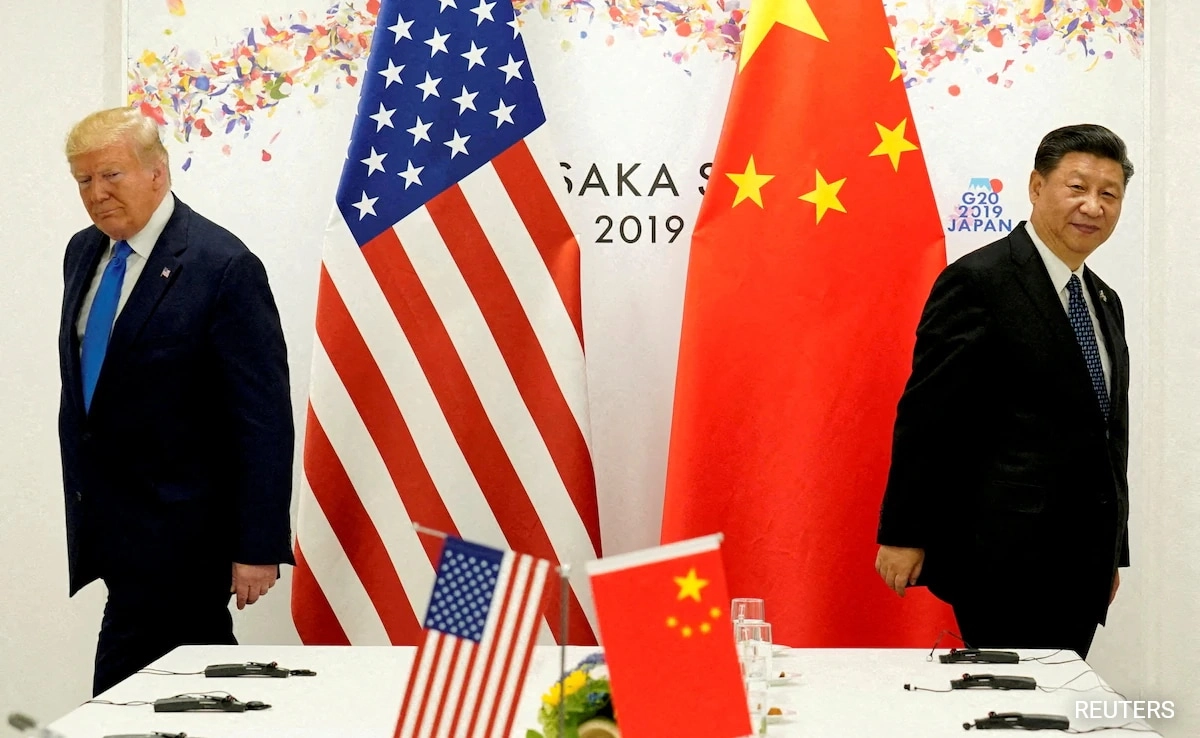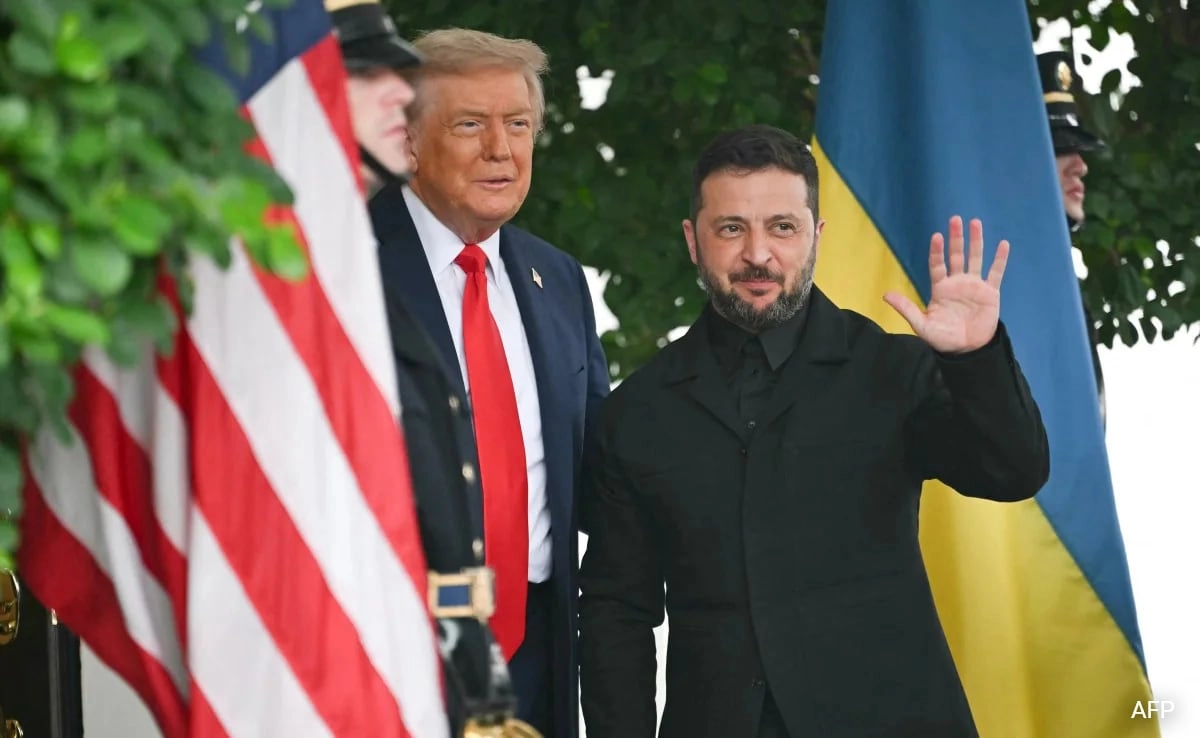The United States is strategizing to leverage tariff negotiations as a means to isolate China economically and diplomatically. This approach stems from a broader objective to reshape global trade dynamics and counteract China’s growing influence. By engaging in negotiations with other countries to reduce tariffs on American goods, the U.S. aims to create a coalition of nations that can work together to diminish reliance on Chinese products and services. This strategy not only seeks to bolster American manufacturing and exports but also to encourage allies to adopt similar measures against China, thus creating a unified front.
Tariff negotiations represent a critical tool in the U.S. government’s economic arsenal, particularly in the context of ongoing trade tensions with China. The Biden administration is reportedly prioritizing discussions with key trading partners in Europe, Asia, and other regions to facilitate more favorable trade conditions for American businesses. By doing so, the U.S. hopes to enhance its competitive position in the global marketplace while simultaneously putting pressure on China to reconsider its trade practices, which the U.S. has long criticized for being unfair and predatory.
Furthermore, isolating China through coordinated tariff measures could have significant implications for international relations. The U.S. intends to highlight the potential risks associated with over-reliance on Chinese supply chains, especially in critical sectors such as technology and pharmaceuticals. By advocating for diversified trade partnerships, the U.S. aims to enhance economic resilience among its allies, thereby reducing the leverage that China currently holds in global supply chains. This strategy underscores a shift towards a more protectionist stance, where nations are encouraged to prioritize domestic production and safeguard their economies from external vulnerabilities.
In conclusion, the U.S. plans to utilize tariff negotiations as a pivotal strategy to isolate China reflects a multifaceted approach to international trade and relations. By fostering collaboration with other countries to negotiate lower tariffs on U.S. goods, the U.S. not only seeks to strengthen its own economic position but also aims to challenge China’s dominance in the global market. This initiative signals a significant shift in how trade dynamics are navigated, emphasizing the importance of collaboration and mutual interests among nations in the face of rising geopolitical tensions.




